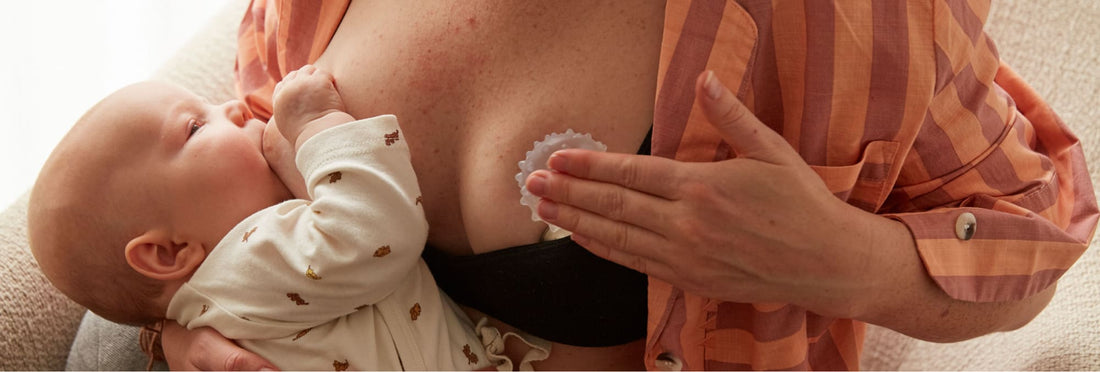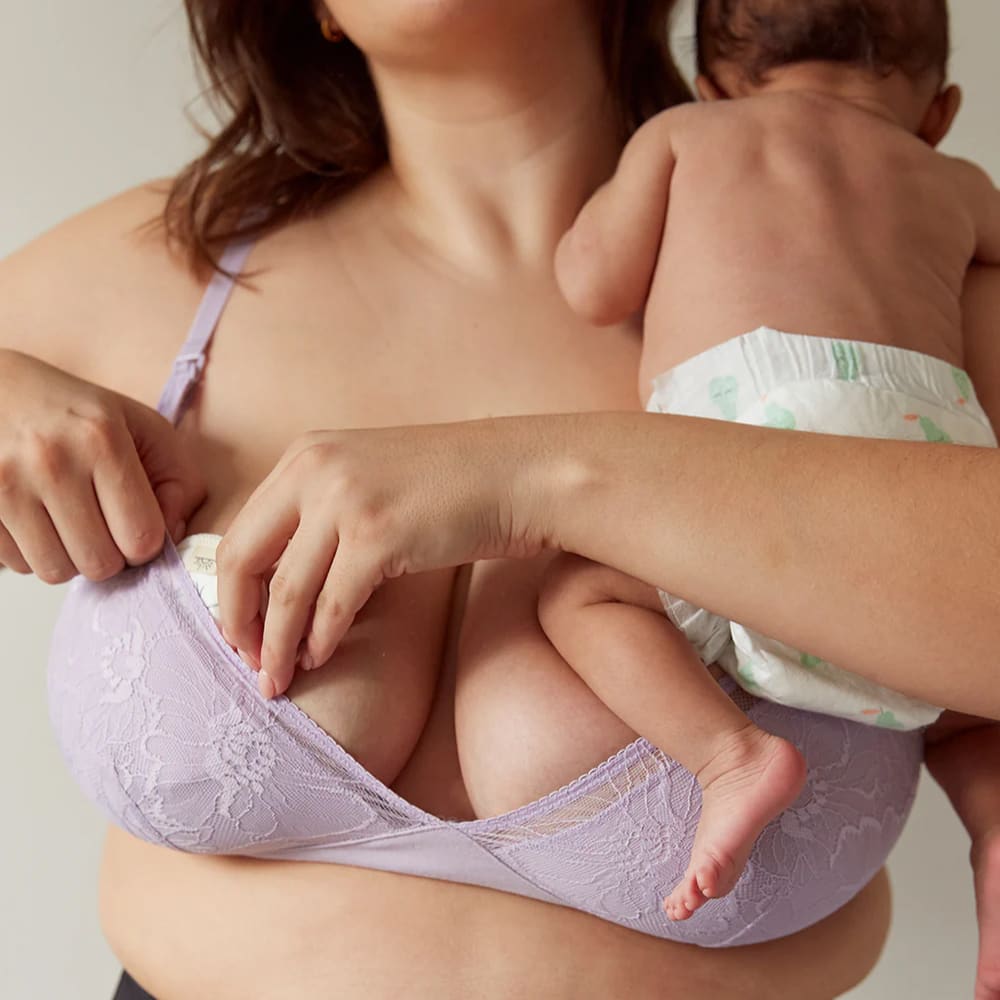-
- New
- Best Sellers
-
Gifts
-
Car Seats
-
Care
-
Carriers
-
Changing
-
Clothing
-
Feeding
-
Mum
-
Nursery
-
Play
-
Prams
-
Brands
-
-
Preconception
-
Pregnancy
-
Labour & Birth
-
Postpartum
-
Breast & Bottle Feeding
-
Parenting
-
Preconception
-
-
The Guides
-
The Notepad
-
The Lists
- Comparison Charts
- Baby Tracker
- Events
- Mum Walk
-
The Guides
-

How to Choose a Car Seat
Read Now
The Mysterious, Routine-Destroying Miracle of Teething
Read Now
Babywearing 101: How to Get the Most Out of Your Carrier
Read Now
How to Dress a Newborn For Summer
Read Now
How to Introduce a Bottle
Read Now
What to Get For Baby's First Christmas
Read Now
How to Choose the Best Pram For Your Family
Read Now
-
































